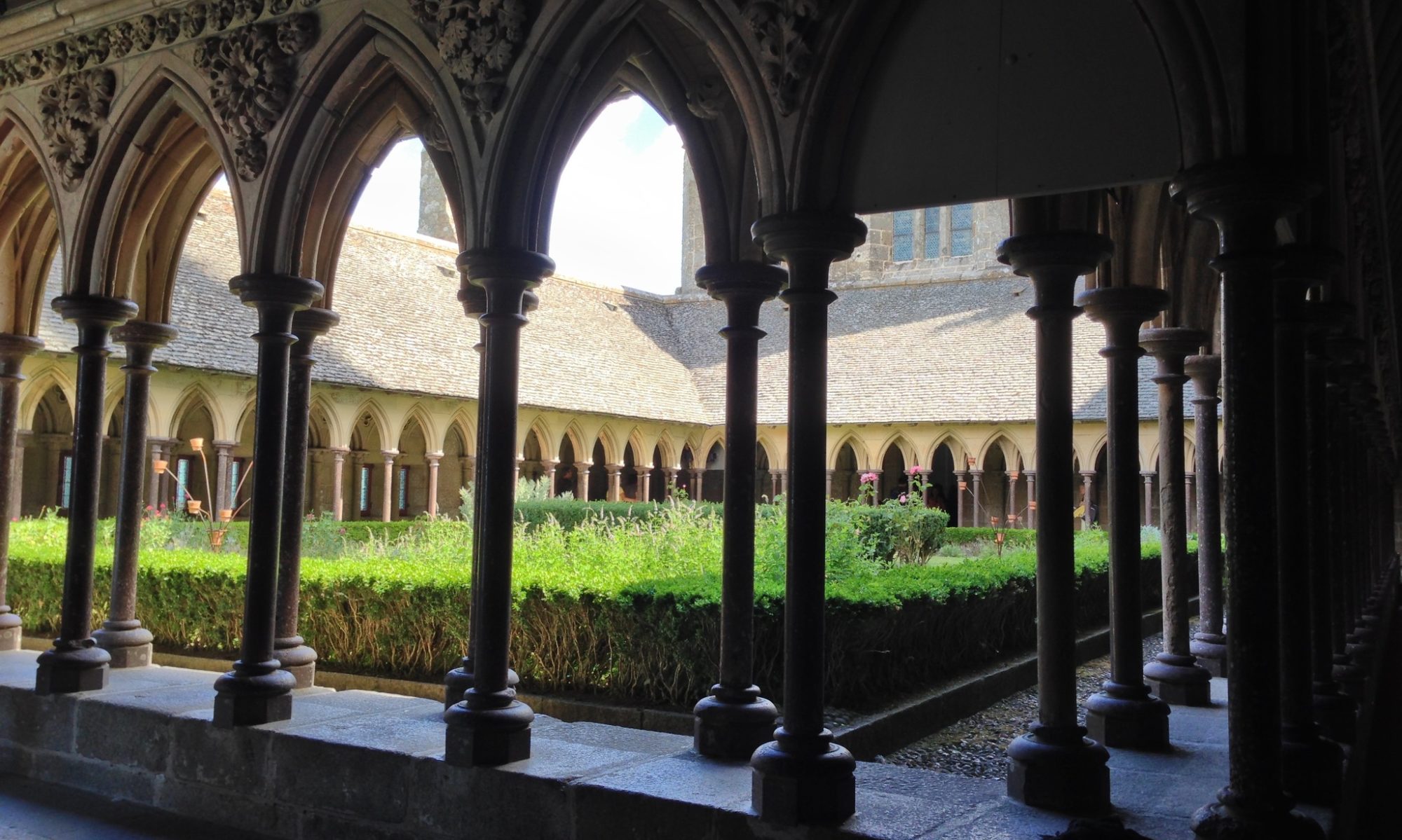Several years ago, a young friend announced that for their Lenten Discipline that year, they were going to drink just water, and eschew fruit juice and squash, tea and coffee (they were a bit young to have even got to the whole alcohol thing…).
“I can do that too!” I chimed in with him.

I mean, what could be simpler? There is always water everywhere, isn’t there? It’s hardly an imposition, it’s not difficult, is it‽ But, golly gosh, it was! Much harder than I had expected.
I don’t think I’m a caffeine addict, and I have never been alcohol dependent, though I enjoy a glass of wine or bubbly, and get through a lot of Earl Grey and cafetières of fresh coffee.
Having water at mealtimes is a good reminder for me of God’s provision. That it is water, and not something else to drink, makes me stop, and pause, and notice, and remember, with each sip.
- Remember that I, along with all human beings, are made up of 60% or so of water.
- Remember how vital water is for life; we can go weeks, even months without food – but very few days without water.
- Remember that we in the UK have potable water, and ‘on tap’; where so many in our world have to carry it physically. Here we bath in it.
- Remember that in choosing to drink water rather than tea or coffee, I am privileged. I make choices over what I drink and eat, when other don’t have choices, and not even enough to eat.
- Remember, with each glass of water, to give thanks to the God whose abundant, generous provision is my usual daily experience to the extent I hardly notice it. Saying grace before meals become more poignant and important.
I have done this a number of times in Lent over the years now. It is quite a challenge each time, still. And no, I don’t think there’s a single year that I have managed the challenge succesfully. Each year I have made at least one mistake; with a first coffee of the morning, even a glass of prosecco one time, that I didn’t clock until about an hour later! I have a house rule that I don’t choose anything other than water; but when someone else, unknowing, makes a drink for me, I accept with grace and don’t turn it away. But most days of most weeks in Lent, it has remained a helpful penitential challenge and learing experience. I commend it to you.
As a coda, I am conscious of the element of inverted snobbery latent in making this choice of Lenten fast. ‘Just a glass of water, please…’. It really impacted negatively on a residential group of friends I was with one year. It does affect other people’s choices around me. Sometimes others end up paying part of the price of the sacrifice that I have chosen, and they have not.
CS Lewis identified another subtle element: The mother of Wormwood’s ‘patient’ in Screwtape Letters, is a chastening example of how seeking minimalism can curiously end up maximising in unexpected ways:
The Screwtape Letters XVII
MY DEAR WORMWOOD,
The contemptuous way in which you spoke of gluttony as a means of catching souls, in your last letter, only shows your ignorance. One of the great achievements of the last hundred years has been to deaden the human conscience on that subject, so that by now you will hardly find a sermon preached or a conscience troubled about it in the whole length and breadth of Europe. This has largely been effected by concentrating all our efforts on gluttony of Delicacy, not gluttony of Excess.
Your patient’s mother, as I learn from the dossier and you might have learned from Glubose, is a good example. She would be astonished—one day, I hope, will be—to learn that her whole life is enslaved to this kind of sensuality, which is quite concealed from her by the fact that the quantities involved are small. But what do quantities matter, provided we can use a human belly and palate to produce querulousness, impatience, uncharitableness, and self-concern? Glubose has this old woman well in hand. She is a positive terror to hostesses and servants. She is always turning from what has been offered her to say with a demure little sigh and a smile “Oh please, please . .. all I want is a cup of tea, weak but not too weak, and the teeniest weeniest bit of really crisp toast”.
You see? Because what she wants is smaller and less costly than what has been set before her, she never recognises as gluttony her determination to get what she wants, however troublesome it may be to others. At the very moment of indulging her appetite she believes that she is practising temperance. In a crowded restaurant she gives a little scream at the plate which some overworked waitress has set before her and says, “Oh, that’s far, far too much! Take it away and bring me about a quarter of it”. If challenged, she would say she was doing this to avoid waste; in reality she does it because the particular shade of delicacy to which we have enslaved her is offended by the sight of more food than she happens to want.
The real value of the quiet, unobtrusive work which Glubose has been doing for years on this old woman can be gauged by the way in which her belly now dominates her whole life. ‘The woman is in what may be called the “All-I-want” state of mind. All she wants is a cup of tea properly made, or an egg properly boiled, or a slice of bread properly toasted. But she never finds any servant or any friend who can do these simple things “properly”— because her “properly” conceals an insatiable demand for the exact, and almost impossible, palatal pleasures which she imagines she remembers from the past; a past described by her as “the days when you could get good servants” but known to us as the days when her senses were more easily pleased and she had pleasures of other kinds which made her less dependent on those of the table.
Meanwhile, the daily disappointment produces daily ill temper: cooks give notice and friendships are cooled. If ever the Enemy introduces into her mind a faint suspicion that she is too interested in food, Glubose counters it by suggesting to her that she doesn’t mind what she eats herself but “does like to have things nice for her boy’’. In fact, of course, her greed has been one of the chief sources of his domestic discomfort for many years.
Screwtape on Archive



















